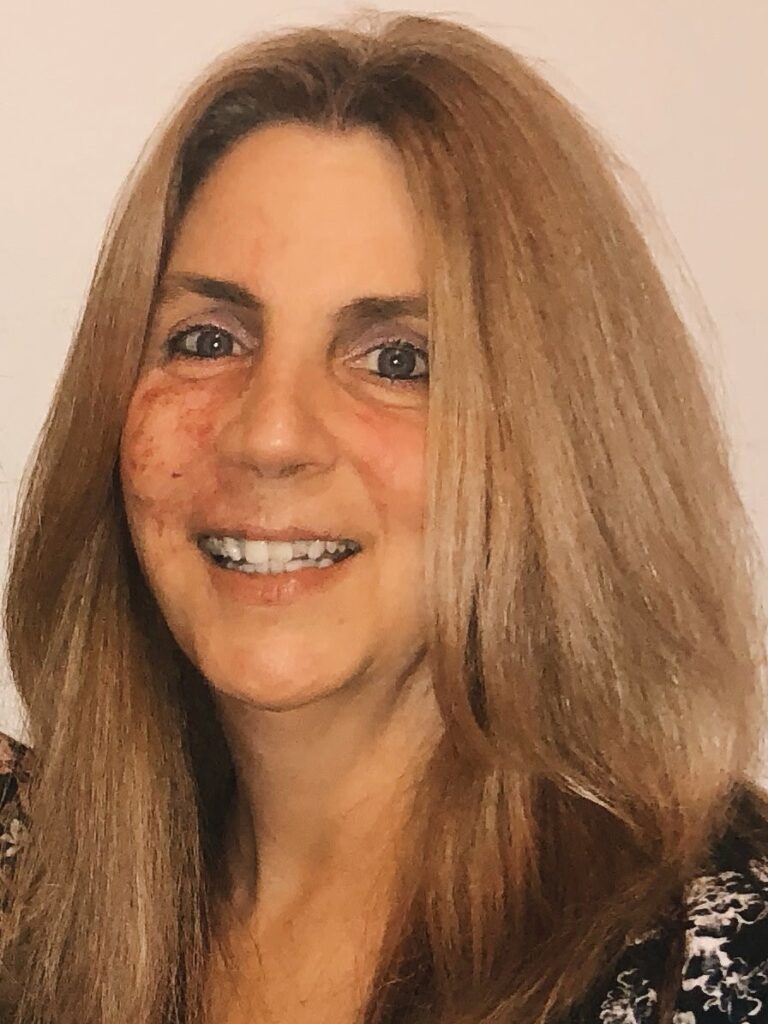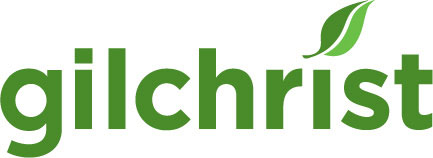Honoring Healing During Counseling Awareness Month
At Gilchrist, grief support doesn’t end when a loved one passes—it’s only just beginning. As we recognize Counseling Awareness Month this April, we’re shining a light on the dedicated individuals who walk alongside families through the often complex and emotional landscape of loss.
One of those individuals is Dawn Tippett, a Clinical Grief Counselor who has been with Gilchrist for 22 years. With a warm presence and a wealth of experience, Dawn has played an instrumental role in shaping Gilchrist’s counseling services.
A Day in the Life of a Grief Counselor
At the heart of Dawn’s work is one-on-one counseling, offered not only to families of Gilchrist patients, but also to members of the community. Dawn also coordinates Gilchrist’s support groups, from training volunteer facilitators to managing waitlists and scheduling. Additionally, she leads some groups and works with outside organizations to bring grief support where it’s needed. Dawn participates in three interdisciplinary team (IDT) meetings each week, collaborating with colleagues to ensure families receive timely outreach and support after a loss.
A Career of Compassion and Connection

Dawn’s journey at Gilchrist began more than two decades ago when she joined as a per diem social worker. Over time, she discovered a calling in grief counseling. “I had done home care, nursing home work, hospital work,” she says, “but this… this felt like home.”
Part of what has kept her at Gilchrist is the strong bond with her colleagues. “Four of us have worked together for 18 years. We know each other’s strengths, and that kind of trust makes the work even more meaningful.”
Meeting Families Where They Are
Tailoring support to each individual is key. “We start where the client is,” Dawn says. “In our first session, I do a lot of listening—what they say and what they don’t say. That guides how I support them, what resources I suggest, and whether a group setting might be helpful.”
Gilchrist’s support groups typically begin three months after a loss and are designed with different needs in mind. From six-week structured programs to ongoing monthly groups like Journey Continues and Mom’s Group, families are never rushed or expected to grieve on a timeline. Additionally, the shift to online groups and counseling during the pandemic has made grief care more accessible to those who are homebound or who face other challenges in utilizing in-person supports.
Looking Ahead: Grief Education and Awareness
For Dawn, the mission goes beyond individual sessions. “As a society, we don’t do grief well. There’s pressure to ‘move on’ too quickly. People think something’s wrong with them if they’re still grieving after a few months.”
That’s why she and her team are committed to educating the community. Through client work, professional events, and school programs, they aim to normalize grief and dispel harmful myths.
“We want people to understand that grief is not linear, and it’s not something to be ashamed of. The more we can talk about it, the less alone people will feel when they face it.”
To learn more about Gilchrist Grief Counseling and the support groups offered, visit: https://gilchristcares.org/services/counseling-support/counseling-programs/grief-counseling/grief-support-groups/






